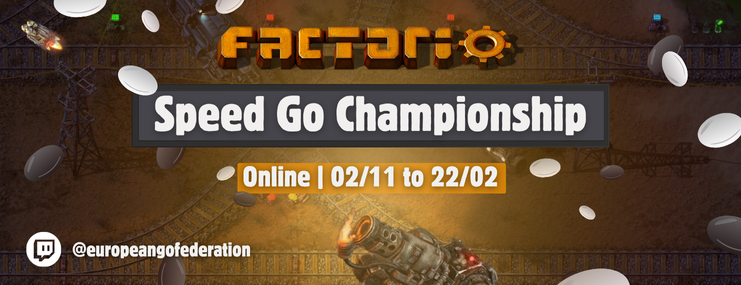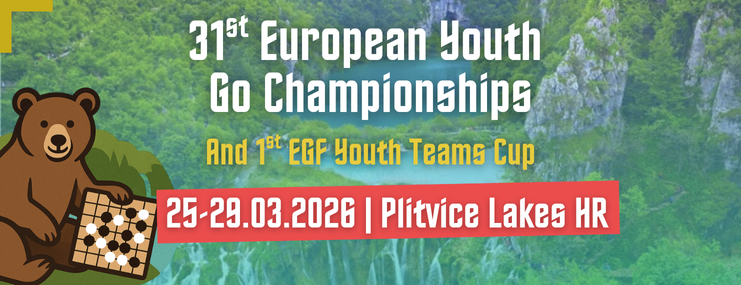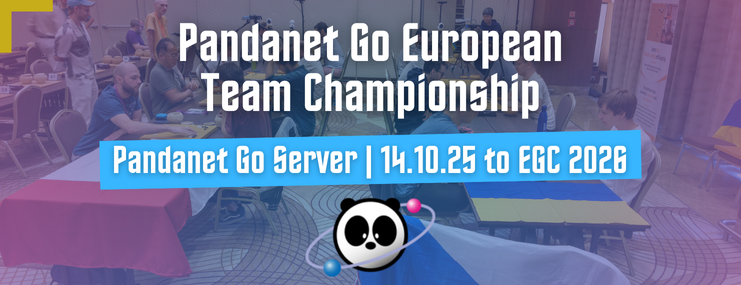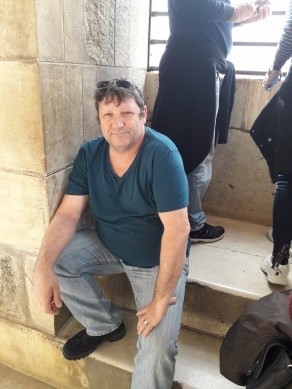The teachers:
1988 – Became pro.
1994 – Kukgi Cup, 2nd place (after Lee Chang-ho).
1996 – LG Cup, best 8.
1997 – Samsung Cup, best 4.
2003 – Nongshim Cup, member of the winning Korean team.
2010 – ASIAN GAME men’s coach. (3 gold medals: man individual, woman individual, pair)
2011 – BC Card Cup, best 16.
2012 – BC Card Cup, best 32.
1994 – Kukgi Cup, 2nd place (after Lee Chang-ho).
1996 – LG Cup, best 8.
1997 – Samsung Cup, best 4.
2003 – Nongshim Cup, member of the winning Korean team.
2010 – ASIAN GAME men’s coach. (3 gold medals: man individual, woman individual, pair)
2011 – BC Card Cup, best 16.
2012 – BC Card Cup, best 32.
1997 – Female World Amateur Championship, 4th place.
1998 – WAGC, 9th place; 6wins, 2 loss.
2000 – European Youth Champion, Hungarian Champion.
2005 – Entered to Myongji University. Became younguseng.
2008 – Became pro. Graduated at Myongji University.
Translator of several Korean books.
1998 – WAGC, 9th place; 6wins, 2 loss.
2000 – European Youth Champion, Hungarian Champion.
2005 – Entered to Myongji University. Became younguseng.
2008 – Became pro. Graduated at Myongji University.
Translator of several Korean books.
The school is open 5 days a week, and its daily schedule is:
-The morning is used for self study.
-In the afternoons, league games, reviews and solving problems,
-In the evening Lectures and Baduk League.
It was a pity that my schedule of meeting friends and working on my different articles and go-projects made it hard for me to follow a complete week of studying, especially as I would have liked to have learned how to improve my studying techniques.
At least from the impressions and the conversations I had with other students, I was able to get a very good picture of life in the school.
My best lesson, which was not directly a go lesson, was that listening is much better than talking/arguing yourself when your game is reviewed.. You learn so much more when you are silent!
About Blackie I can personally say that he is one of the best teachers I have met so far. Being able to show your mistakes both in terms of technique, and in terms of strategy, with clear explanations combined with good examples about how to play better. What I especially liked was that his examples and explanations were usually catered to fit with the playing style of the student, but sometimes offering a different point of view or style.
The daily activities in the school, combined with the fun activities on the free days (football, volleyball, etc) makes the experience of studying in BIBA something which I can recommend to anyone who would like to learn and get stronger at go.
The online BIBA school almost offers the same kind of quality as the school in Seoul. The main differences are no live contact on a daily basis with the teachers, and no daily go activities in a regulary schedule.
From my point of view, for any person going to Korea (Japan, China or Taiwan) to study go, some good preparations are needed. Just going there without any kind of preparations makes your quality time (learning go) much less effective.
Try to meet your teacher online and get to know them.
Learn a little of the local language.
And most of all learn the local habits of DO and DO NOT!
The whole of my second week was filled with lots of meetings about go and go-projects, talking with Blackie, Diána and other people. Best of all were the many good meals I had with old and new friends and lots of fun. And most of all getting me closer to fullfilling my own dreams concerning Baduk/Go/Weiqi.
Whenever possible I will be back in September to finish my article about the Samsung Cup and to learn more about BIBA.








